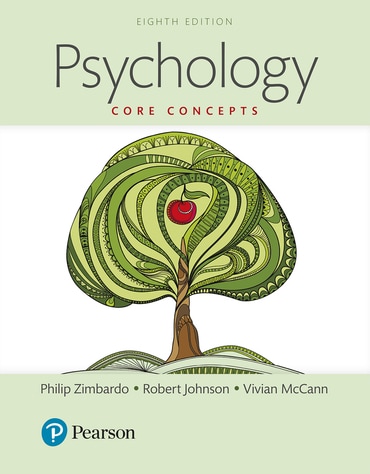Switch content of the page by the Role togglethe content would be changed according to the role
Psychology: Core Concepts, 8th edition
Published by Pearson (September 6, 2016) © 2017
- Philip G. Zimbardo Stanford University
- Robert L. Johnson Umpqua Community College
- Vivian McCann Portland Community College
eTextbook
per month
Revel
from$89.99
Need help? Get in touch

Digital Learning NOW
Extend your professional development and meet your students where they are with free weekly Digital Learning NOW webinars. Attend live, watch on-demand, or listen at your leisure to expand your teaching strategies. Earn digital professional development badges for attending a live session.

